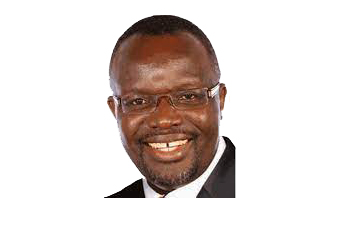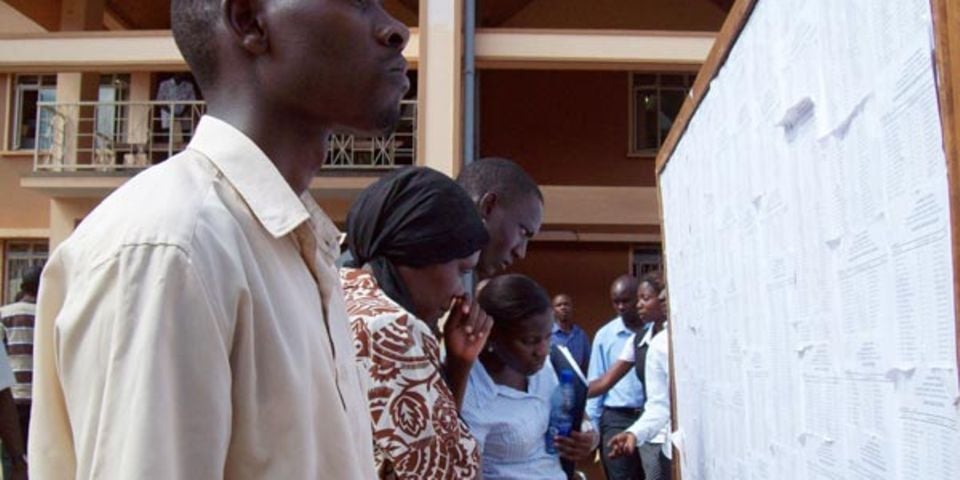Prime
Why it’s a requirement to periodically accredit academic and professional programmes

What you need to know:
- These regulations contain quality assurance capacity indicators on infrastructure and human resources available for implementing a programme among others.
- It’s wrong to require NCHE to indicate academic and professional programmes that have not been submitted to it for review for possible re-accreditation as “under review’’.
The Universities and other Tertiary Institutions Act 2001 as amended herein referred to as UOTIA2001 is the main law governing all higher education institutions in Uganda.
The National Council for Higher Education established by UTIOA2001 is mandated by Section 5 of UOTIA2001 to regulate and guide the establishment and management of Higher Education Institutions (HEIs) in Uganda.
Specifically Section 5(d)(ii), (g), (i), (j), (l) and (q) mandate the NCHE to accredit academic and professional programmes in both public and private HEIs in Uganda.
Just like other Acts of Parliament, the NCHE came up with various regulations to implement UOTIA2021 and the one that guides accreditation of academic and professional programmes is statutory instruments 2008 No. 34 (The Universities and Other Tertiary Institutions (Quality Assurance) Regulations, 2008).
These regulations contain quality assurance capacity indicators on infrastructure and human resources available for implementing a programme among others.
The regulations also guide the NCHE in assessing the quality and relevance of the programme and its learning outcomes as well as the teaching, learning and assessment methods.
Surely for any accredited programme, infrastructure and human resources available for implementing a programme, the quality and relevance of the programme, its learning outcomes, the teaching, learning and assessment methods may vary over time.
Higher Education Regulatory Agencies set timeframes beyond which academic and professional programmes must go through a review before being re-accredited.
In the case of Uganda, Quality Assurance Regulations 2008 require a HEI to resubmit programmes for reassessment every five years for Masters, Bachelors, Diplomas and Higher Education Certificates and 10 years for PhDs.
Someone can argue that this period is too short taking for example a Bachelor of Medicine and Bachelor of Surgery that lasts a minimum of six years including internship. Regulations are not cast in stone and can be reviewed but as of now that’s the law.
So, all HEIs must comply if we want various stakeholders across the globe to respect qualifications obtained from Ugandan HEIs.
A letter of accreditation issued by NCHE is synonymous with a practicing certificate. When one is asked to renew a practicing certificate it doesn’t mean that one’s qualifications are invalid but he/she cannot practice without it.
Doctors, lawyers, engineers, architects etc. are issued with practicing certificates that expire. When one does not apply for renewal of a practicing certificate, the regulator does not assume that one wants to continue practicing.
So it’s wrong to require NCHE to indicate academic and professional programmes that have not been submitted to it for review for possible re-accreditation as “under review’’.
The NCHE may use a term like “Due for Review’’ to indicate programmes that are due for review but have not yet been submitted by HEIs to NCHE for review for possible re-accreditation. Re-accreditation of academic and professional programmes is not automatic.
For example, how can NCHE re-accredit a Bachelor of Medicine and Bachelor of Surgery if the HEI no longer has infrastructure and human resources available for implementing the programme among others?
Also some HEIs as evidenced in statements published in the media discontinue running some academic and professional programmes after the end of the accreditation period.
So borrowing from best practices, NCHE should designate academic and professional programmes as ‘accredited’ for accredited programmes whose prod of accreditation has not ended, ‘Under Review’ for accredited programmes that have been resubmitted to NCHE for re-accreditation and ‘Due for Review’ for accredited programmes not yet submitted to NCHE for re-accreditation but whose period of accreditation has ended.
Also NCHE should learn from its counterparts in Kenya and Tanzania and re-accredit academic and professional programmes without subjecting them to external review if the changes in the reviewed academic and professional programmes does not constitute more than 25 percent.
Prof Venansius Baryamureeba is a global Higher Education Expert and Consultant and former Vice Chancellor of Makerere University




